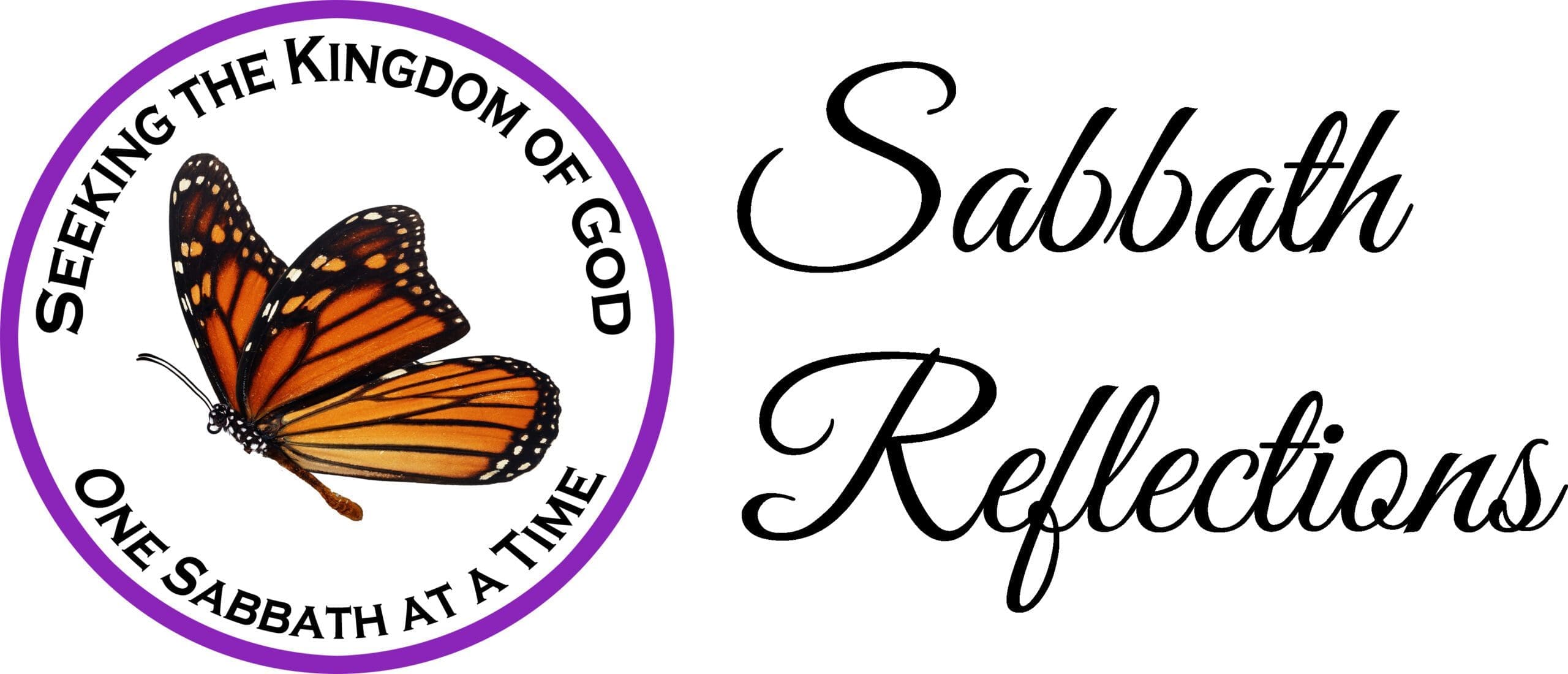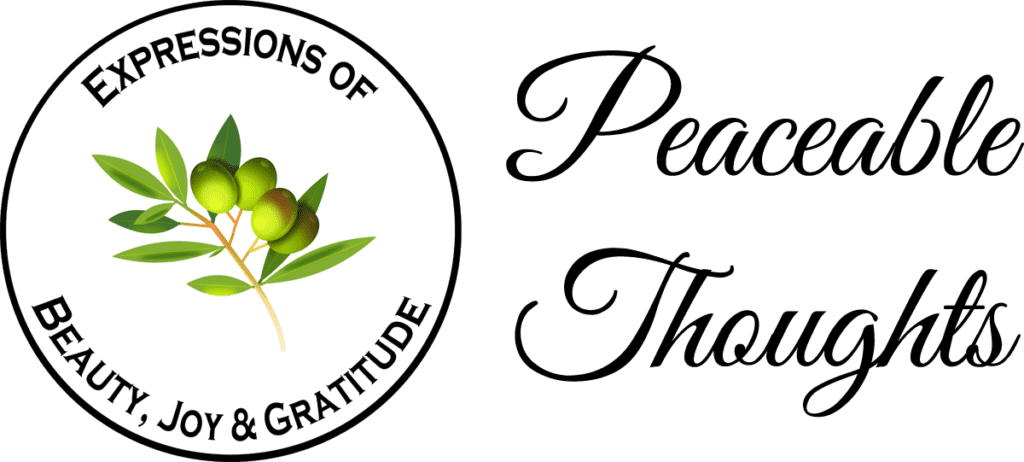SABBATH THOUGHT 2024-06-22—THE WOMAN WHO BANNED GOD
May God bless you on His Sabbath day!
In the days before the Declaration of Independence when this country consisted of thirteen colonies, most of them were firmly grounded in, if not founded upon, some form of Christianity. These included Puritans, Quakers, Methodists, Wesleyans, Presbyterians, Anabaptists, Lutherans, etc. Examples include Massachusetts that began with the Puritans arriving at Cape Cod on the Mayflower and Pennsylvania that was settled by Quakers under William Penn. While the colonies were separated geographically, they were also generally segregated along doctrines of worship, too. The country was basically thirteen colonies under the British flag and king but they were independent from each other when it came to religion.
Most of the colonies (including even the less religious Jamestown expansion into the southern colonies) were originally motivated by freedom from religious persecution that was rampant in Europe and Britain. However, over the course of time, their original zeal for religious piety was waning. This was the catalyst for what is known as the (First) Great Awakening in the 1730s and 1740s. During this time, there arose several preachers, including the notable mentions of George Whitefield, John Wesley, and Jonathan Edwards, who traversed the country with messages of unity in biblical beliefs, piety, and salvation. They appealed to the colonies for unity in spite of all their differing beliefs. The following is a snippet from a sermon by George Whitefield and heard by tens of thousands. He preached a story about seeing Abraham in heaven:
Whitefield: “Father Abraham answered, whom have you there with you? Have you Catholics?”
Abraham: “No.”
Whitefield: “Have you Protestants?”
Abraham: “No.”
Whitefield: “Have you Churchmen [Anglicans]?”
Abraham: “No.”
Whitefield: “Have you dissenters?”
Abraham: “No.”
Whitefield: “Have you Presbyterians?”
Abraham: “No.”
Whitefield: “Quakers?”
Abraham: “No.”
Whitefield: “Anabaptists?”
Abraham: “No.”
Whitefield: “Whom have you here? Are you alone?”
Abraham: “No.”
Whitefield concluded by saying, “My brethren you have the answer to all these questions in the words of my next text. ‘He who feareth with God and worketh righteousness shall be accepted of him.’ God help us all to forget having [religious organizational] names, and to become Christians in deed and in truth.” His story was even heard by the likes of John Adams.
This was a critical time because a number of principles behind the Declaration of Independence and, later, the Bill of Rights were either taken directly from those sermons or were the foundation of them. Among the most well-known is “all men are created equal” with rights of “life, liberty, and the pursuit of happiness” endowed by the Creator.
As the British tyranny over the colonists increased, they found themselves being united in their sufferings under the oppression of the English monarchy as well as their belief in the Almighty Creator. For many years, the colonists tried to reason with the king and his puppet governors through pleas and legal appeals. It was, obviously, all in vain.
So, on March 5, 1770, when a British soldier struck a child with the butt of his rifle as punishment for a disparaging remark about one of the officers, a crowd formed around the child and soldier. This prompted the loyalist governor, Thomas Hutchinson, to send troops to disperse the crowd. However, one soldier shot a man in the crowd who was wielding a rock or stick, setting off a volley of shots from the other soldiers that killed a total of five people. This one act was considered by many during those difficult years to be the single catalyst for the American Revolution.
Fast forward, now, past the Declaration of Independence and Revolutionary War to the time when the Constitution of the United States was being drafted. One of the utmost concerns among the colonists was the formation of a federal government that ensured religious independence. Remember, most people came to the New World because of religious persecution and the Great Awakening had brought about a new fervor for God and His word. As a result, the authors of the Constitution promised protection against federal interference. The idea of protecting religious freedom was not new. For example, a preacher by the name of Roger Williams who founded a colony in Providence, Rhode Island wrote a treatise on religious freedom. In 1644 he wrote that “a wall or hedge of separation” between the “wilderness of the world” and “the garden of the church” was required to protect the Christian church. His sermons were well regarded and even influenced the venerable Thomas Jefferson.
Protection of religious worship was finally manifested in the First Amendment of the Bill of Rights, ratified on December 15, 1791, which says, “Congress shall make no law respecting an establishment of religion, or prohibiting the free exercise thereof.” This became known as the Establishment Clause. In fact, Thomas Jefferson wrote in 1802 that the Establishment Clause was a “wall of separation between the church and state.” But not even Jefferson thought of it as a protection FROM religion. During his presidency, he even signed treaties that authorized missionaries to evangelize to the Native Americans. In the minds of Americans, the Establishment Clause was NEVER to remove religious influence, beliefs, and piety from the hearts and minds of the elected representatives in the executive, legislative, and judicial branches of the federal government. Quite the opposite, in fact—the Establishment Clause was ALWAYS intended to PREVENT government influence and interference upon Christian religious beliefs and worship.
For the next 156 years, there was little debate about the meaning and intent of the Establishment Clause. But by the time of WW1 and WW2, there was such a diversity of thought in the country that people were interpreting the First Amendment as a literal “separation of church and state.” But that phrase is NOT in the wording.
Interpreting the Establishment Clause to cause a literal separation of church and state was never intended. First of all, it has nothing to do with separation—it simply forbids Congress from making a LAW that shows preference for a particular religion. Second, it ONLY applied only to Christian religions—non-Christians were not recognized. Third, it only applied to the FEDERAL government. This is because any authority not specifically allowed in the Constitution and Bill of Rights was the sole providence of individual state governments. And fourth, it did NOT prohibit those serving in government positions from HAVING a Christian belief or religious ‘bias’. Most presidents up to the early twentieth century had deep religious convictions. (These days, presidents only go to ‘church’ as a political show.)
This line of thinking eventually brought the case of McCollum v. Board of Education to the Supreme Court. This was a landmark case in 1948 where the court was petitioned to interpret the Establishment Clause based upon the idea of “separation of church and state.” Specifically, the court was asked to rule on what was called ‘released time’ in which public schools allocated time for students to receive religious instruction in the classroom.
In the end, the Supreme Court ruled in favor of the plaintiff. The result was the First Amendment protection of religion was interpreted to mean there was a wall of separation between church and government. Worst of all, the court also ruled that the Establishment Clause was protected by the Fourteenth Amendment, which meant both federal AND state governments were required to abide by it.
In one simple ruling, the Supreme Court eliminated Christian religion and belief from all government and all public schools. It did not prevent the exercise of religion, but the effects impacted all founding documents. How? The preamble to the Declaration of Independence states:
“We hold these truths to be self-evident, that all men are created equal, that they are endowed by their Creator with certain unalienable Rights [by His Law], that among these are Life, Liberty and the pursuit of Happiness.–That to secure these rights [from God], Governments are instituted among Men, deriving their just powers from the consent of the governed, –That whenever any Form of Government becomes destructive of these ends, it is the Right of the People to alter or to abolish it, and to institute new Government, laying its foundation on such principles [of God] and organizing its powers in such form, as to them shall seem most likely to effect their Safety and Happiness.”
From the beginning, the founding fathers as well as the majority of the country viewed governments of men as the PROTECTOR of laws, rights, and liberties granted by GOD in His word, the Bible:
ROMANS 13:1-4 Let every soul be subject to the governing authorities. For there is no authority except from God, and the authorities that exist are appointed by God. 2 Therefore whoever resists the authority resists the ordinance of God, and those who resist will bring judgment on themselves. 3 For rulers are not a terror to good works, but to evil. Do you want to be unafraid of the authority? Do what is good, and you will have praise from the same. 4 For he [a ruler] is God’s minister to you for good. But if you do evil, be afraid; for he does not bear the sword in vain; for he is God’s minister, an avenger to execute wrath on him who practices evil.
While they can be corrupt, God DEMANDS that all who are in government positions teach and uphold HIS Law. Earthly rulers do NOT have any authority over God and His Law! They are expected to UPHOLD the Law of God!
So, who was the plaintiff in the case of McCollum v. Board of Education before the Supreme Court? It was a woman named Vashti Ruth McCollum (nee Cromwell). Born November 6, 1912, she was appropriately named after Queen Vashti of Persia and was a women’s rights activist and an avowed atheist after her father. From 1944 to 1948, she fought in court to prevent her son from being required to be given any religious instruction. She was once quoted as saying, “As long as the public school is used to recruit the child into any religious denomination or to segregate children as per varying religious doctrines or whose power of truancy is employed to make them attend theology classes, I’m against it.”
The fallout from this Supreme Court ruling later included the banning of school prayer, religious displays on public property, and government funding of parochial schools. Vashti Ruth Cromwell took after her namesake in the book of Esther who rebelled against her husband, King Ahasuerus; however, instead of being banished or executed she succeeded in destroying a nation. In effect, this one woman, who died August 20, 2006 at the age of 93, was responsible for banning God from an entire country.
Soon, people around the country will celebrate Independence Day on July 4th. Originally it was a time to remember the events that brought about independence from the tyranny of Britain in 1776 and established a country where Christians can worship their Creator. This year, however, marks the 76th year when Independence Day took on new meaning—it was when the USA declared independence from God.
May God’s grace and peace be upon you!
Steven Greene
https://sabbathreflections.org



1 comment
Kay
This was very interesting! Just like Eve brought in disobedience, so did Vashti brought in disobedience to a nation. Thanks for enlightening me. No wonder we have such an uphill fight to overcome Satan and his ways, thoughts, and evils. So happy for the gospel show us that Jesus is our redeemer to help us overcome these evils.